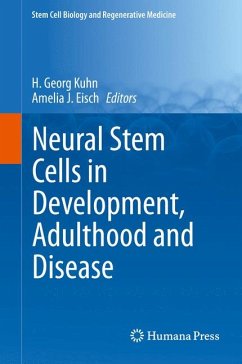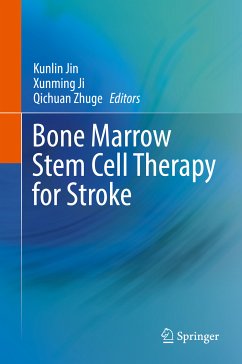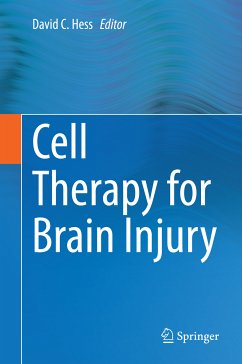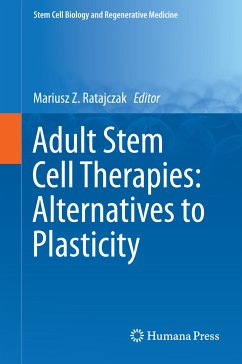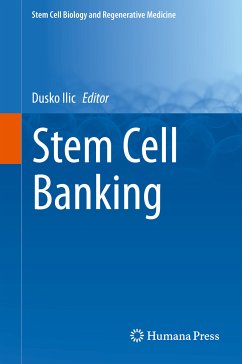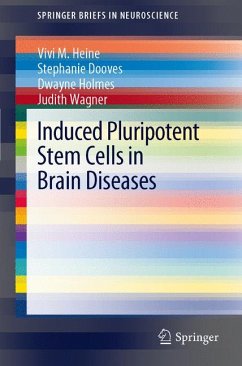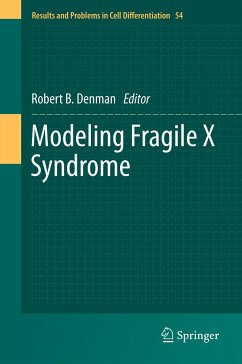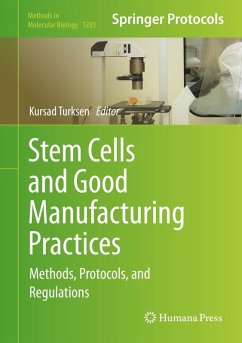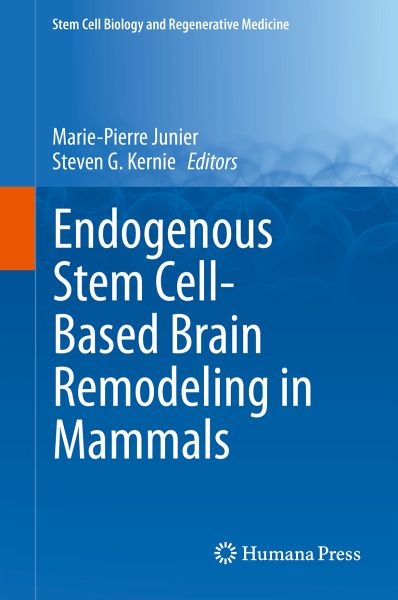
Endogenous Stem Cell-Based Brain Remodeling in Mammals (eBook, PDF)
Versandkostenfrei!
Sofort per Download lieferbar
112,95 €
inkl. MwSt.
Weitere Ausgaben:

PAYBACK Punkte
56 °P sammeln!
This text highlights the endogenous regenerative potential of the central nervous system in neonates and juveniles and discusses possible ways it might be manipulated for medical purposes. The first section provides a descriptive summary of the salient steps of human brain development with a discussion of comparisons with other mammalian brains. It also provides a historical perspective on our understanding of ongoing brain development throughout the lifespan and serve to introduce the concept of brain plasticity following injury. The second part is devoted to the endogenous reparative potenti...
This text highlights the endogenous regenerative potential of the central nervous system in neonates and juveniles and discusses possible ways it might be manipulated for medical purposes. The first section provides a descriptive summary of the salient steps of human brain development with a discussion of comparisons with other mammalian brains. It also provides a historical perspective on our understanding of ongoing brain development throughout the lifespan and serve to introduce the concept of brain plasticity following injury. The second part is devoted to the endogenous reparative potential of the brain, including its limitations, and articles focusing on defined pathologies (e.g. anoxia/hypoxia, epilepsy, traumatic brain injury and stress) in animal models and in humans pinpoint eventual ways these pathologies might be manipulated. The third and final focuses on the "dark side" of stem cells for brain repair or of the manipulation of spontaneous adaptive events after injury (e.g. genomic instability, sensitization to cancerous transformation and defective neural networks).
Dieser Download kann aus rechtlichen Gründen nur mit Rechnungsadresse in A, B, BG, CY, CZ, D, DK, EW, E, FIN, F, GR, HR, H, IRL, I, LT, L, LR, M, NL, PL, P, R, S, SLO, SK ausgeliefert werden.




